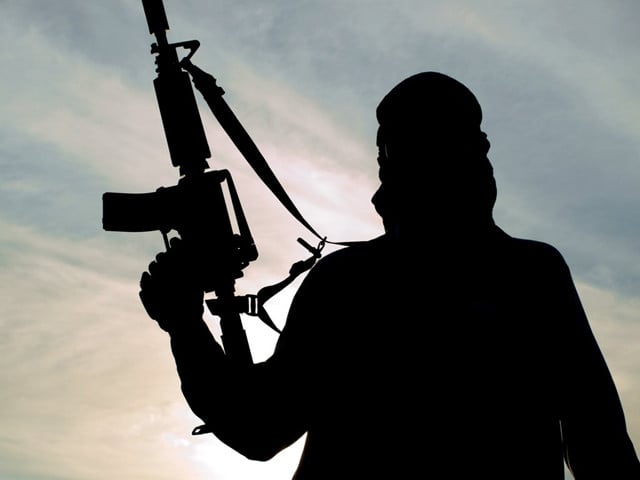The head of the United Nations counterterrorism office warned Thursday that there is a risk of the Afghanistan-based Islamic State affiliate IS-Khorasan carrying out attacks abroad.
“ISIL-K has improved its financial and logistical capabilities in the past six months, including by tapping into Afghan and Central Asian diasporas for support,” Vladimir Voronkov said, referring to the terror organization by an acronym. “The group has also intensified its recruitment efforts.”
He told a meeting of the U.N. Security Council on the threat of terrorism that the activity of the self-styled Islamic State and other terrorist groups in Afghanistan “remains a significant concern.”
“We must unite to prevent Afghanistan from once again becoming a hotbed of terrorism,” Voronkov said, urging Afghanistan’s neighbors to counter and prevent the threat from IS-K from spreading.
The United Nations secretary-general said in a July 31 report that the threat from IS and its affiliates “remained high, with the group and affiliates continuing to demonstrate resilience and adaptability despite sustained counter-terrorism efforts.”
The report said following IS’s claimed deadly attacks at a memorial service in Iran on January 3 and at a concert hall in Moscow on March 22, Islamic State’s core “has reportedly directed operatives from Afghanistan and neighboring countries to undertake attacks abroad.”
Afghanistan’s de facto-ruling Taliban claim their security forces have eliminated IS-Khorasan bases in the country and degraded the group’s ability to threaten national security and that of the region.
Voronkov also warned that parts of Africa remain a hotbed of Islamic State activity, which is fueling instability, especially in West Africa and the Sahel. He said two IS regional affiliates — Islamic State West Africa Province and Islamic State in the Greater Sahel — have expanded and consolidated their areas of operations.
“Should these groups extend their influence in northern littoral states, a vast territory stretching from Mali to northern Nigeria could fall under their effective control,” Voronkov warned.
He said they also present a threat in the eastern Democratic Republic of Congo, northern Mozambique and Somalia.
“Elsewhere, the threat posed by ISIL-K resulted in heightened threat levels in Europe,” Voronkov said. “The group is considered the greatest external terrorist threat to the continent.”

